An Italian entrepreneur plans to launch a leather made from wine extracts in Milan later this year.
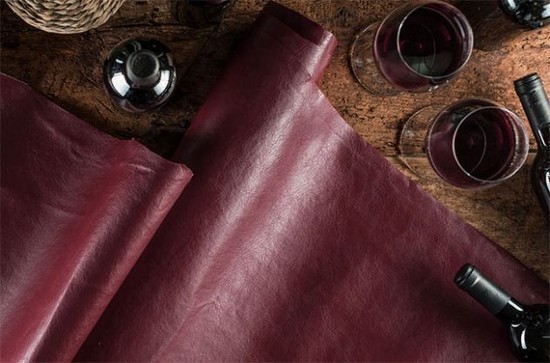
Think luxury goods. Think leather. Think wine. Think wine leather – a simulated leather made from grape skin and seed fibres, currently provided by organic Italian winemakers.
The new material, in the form of prototype garments, bags and other fashion accessories, will have its official launch this October in Milan.
It could potentially reduce pressure on a range of animals and reptiles, including cows, donkeys, ostriches, dogs, alligators and crocodiles, to provide their own pelts.
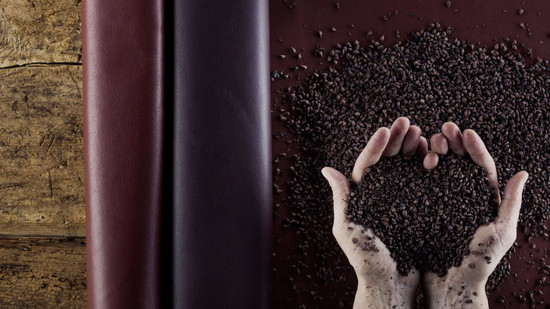
Creator, Milan-based architect Gianpiero Tessitore, says the product is aimed at consumers who prefer to spend money on green and cruelty-free alternatives to animal and oil-based synthetic leathers.
After the official launch, Tessitore will begin sorting through the various business proposals he has already received, from both wineries and fashion brands, to find a collaborator for the next stages.
Businesses outside the wine and fashion industry may also be interested. According to the advocacy group, People for the Ethical Treatment of Animals (PETA) BMW already produces a car with vegan interiors, as do Buick, Chevrolet, Honda, Hyundai, Volkswagen and others.
Work on the wine leather project began in 2014, in cooperation with several Italian research centres and the University of Florence. By June 2016 Tessitore had patented the wine leather production process and launched his company, Vegea.
Asked about costs, Tessitore said the grape marc (as the vegetal wine by-product is known) is free, while the necessary machinery already exists, helping to make large scale wine-leather production a competitive alternative to skin.
Along with its green and cruelty free creds, Tessitore says Vegea is also highly sustainable, with the 26 billion litres of wine produced annually, providing an estimated seven billion kilos of grape marc, from which he could potentially produce three billion square metres of wine leather.
Translated by Sylvia Wu / 吴嘉溦
All rights reserved by Future plc. No part of this publication may be reproduced, distributed or transmitted in any form or by any means without the prior written permission of Decanter.
Only Official Media Partners (see About us) of DecanterChina.com may republish part of the content from the site without prior permission under strict Terms & Conditions. Contact china@decanter.com to learn about how to become an Official Media Partner of DecanterChina.com.

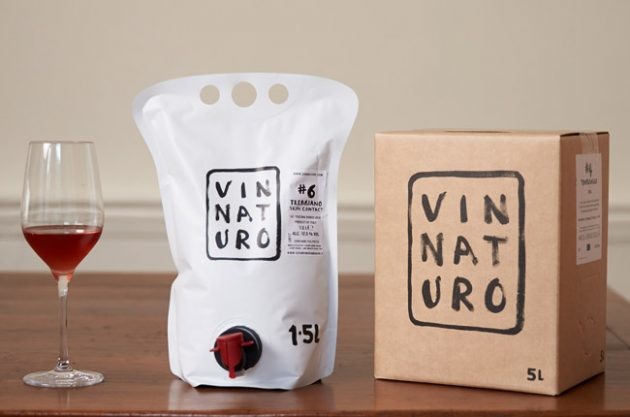

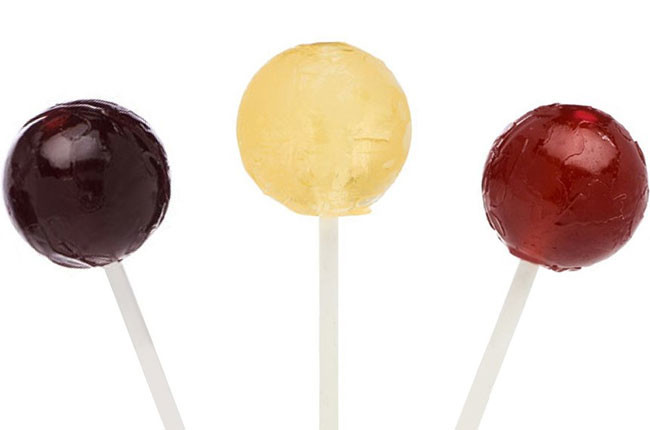


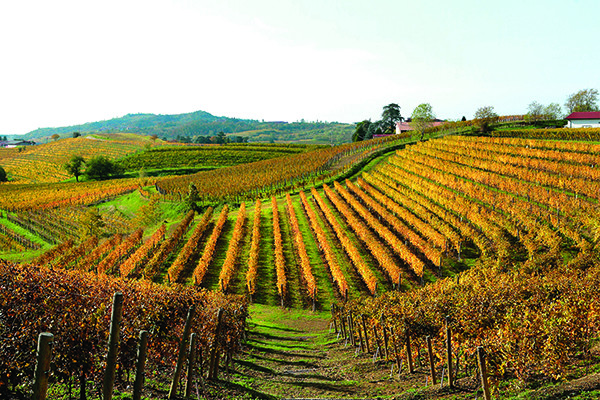
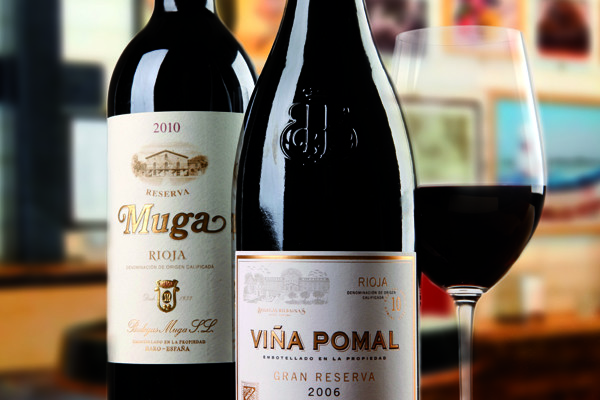


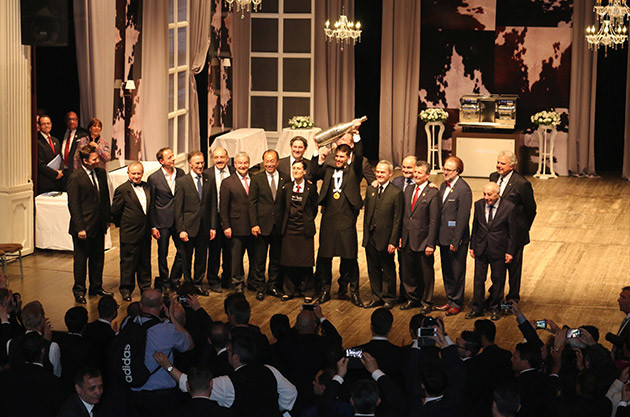
Comments
Submit